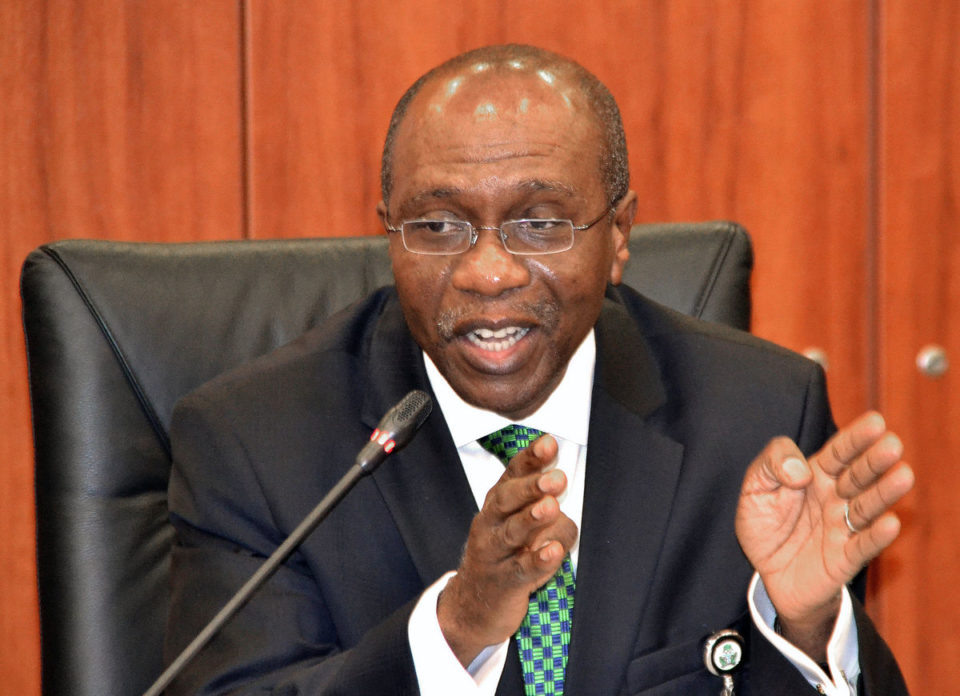
Only 25% Tariff Increase Will Discourage Milk Importation, Experts Say
Importation of dairy products into the country could be discouraged or highly reduced if the Federal Government increases the import tariff on them by 25 percent, local dairy producers have said.
he Central Bank of Nigeria (CBN) Tuesday said it would soon implement forex restriction on milk importation, noting that the country could be self-sufficient in milk production. CBN Governor Godwin Emefiele stated this while briefing journalists at the end of the July 2019 edition of the Monetary Policy Committee (MPC) meeting held in Abuja. .
Mr. Emefiele said the backward integration from the milk importers in Nigeria has become inevitable and might not only impact local production of milk but also be a panacea to the recurring herders/farmers conflicts.
The apex bank promised that anyone willing to ranch cattle in Nigeria and produce milk will be provided credit to acquire land and build relevant infrastructure. “We believe that milk is one of those products that can be produced in Nigeria today.
We have seen the importation of milk in Nigeria for over 60 years,” he said, adding that FrieslandCampina and West African Milk, the foremost milk importers have done so for over 60 years. But speaking with Daily Trust yesterday, the Managing Director of L &Z Yoghurt, Kano, Alhaji MD Abubakar, said the forex ban alone would not be enough to discourage importation of dairy products.
In a telephone interview, Alhaji Abubakar said the margin between the official forex rate and the local market rate was not enough to force the importers of the products to source for dairy materials locally. “Forex ban is never a veritable tool to control such imports because the difference between the official rate and the local rate is not wide enough to deter the importers,” he said.
He suggested a tariff regime instead but insisted the present tariff regime of between 5 to 10 percent cannot do the magic. He therefore suggested a 25 percent tarrif on all imported dairy products to effectively discourage the importers. Alhaji Abubakar cited Kenya as an Africa country where heavy tariff up to 60 percent is imposed on the importation of dairy products into the country. He said 15 percent of the tariff should be used to develop the country’s dairy sector.
Also a dairy farmer in Kwara State, Ayodotun Ismail, agreed with the position of the M &Z Yoghurt boss, but added that zero duty on diary equipment should be guaranteed instead of what seems to be heavy duty at present. He said this is making it impossible for locally produced milk to compete favourably with the foreign sourced one. He also said a tariff regime of between 20 and 25 percent was necessary to protect the local dairy sector.
